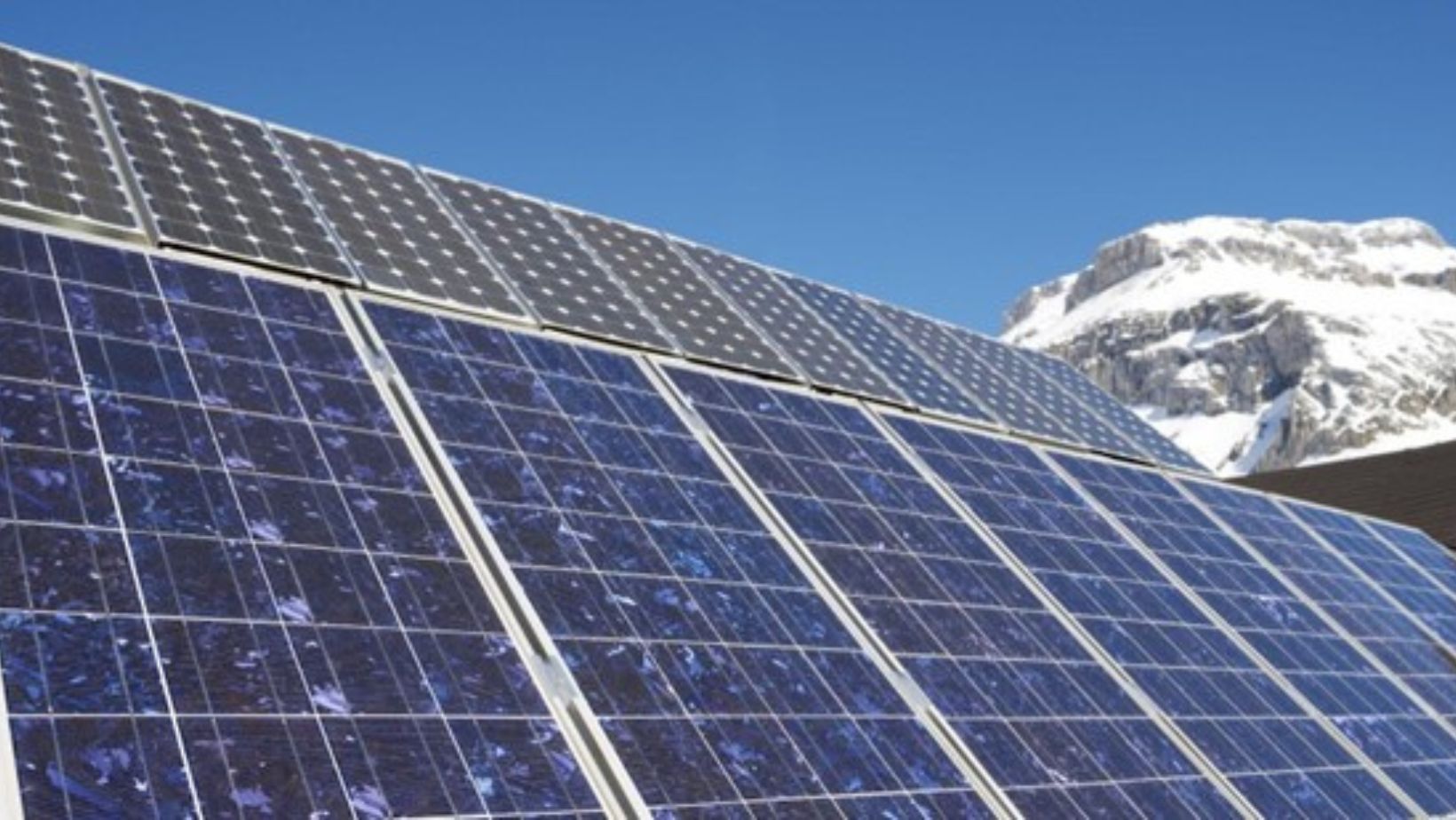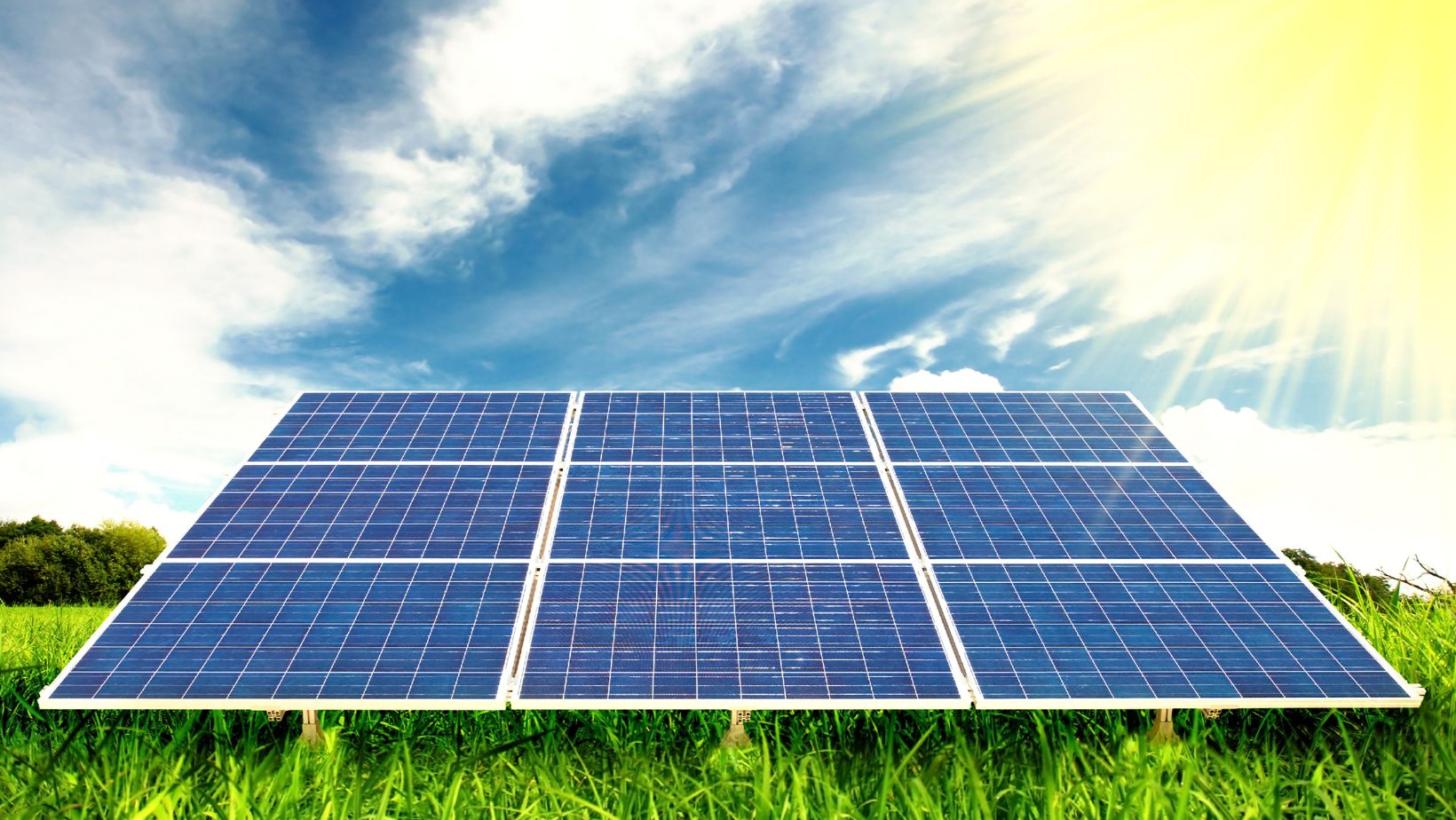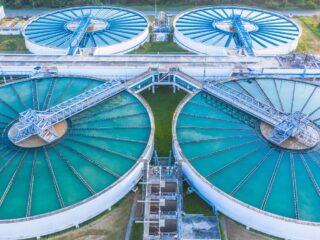
The clamor for sustainable living has never been louder. As climate change threatens the very fabric of our planet, the global population is shifting towards eco-friendly solutions. This puts small modern house owners at the forefront.
But as a homeowner, you might often wonder if “going green” is within your budget. Fear not, the future is indeed green, and it’s more affordable than you think.
In this comprehensive guide, we’ll explore how to finance solar panels for your small, modern house. We will provide you with the financial and environmental perspective you need to make an informed decision. These tips will help benefit both your wallet and the Earth.
Let’s begin!
Government Incentives for Solar Panel Installation
In recent years, the government has been taking steps to encourage individuals and businesses to turn to renewable energy. This is particularly true in the case of solar panels.
One of the primary ways governments do this is by offering incentives for installing solar panels. These can be in the form of:
- tax credits
- rebates
- grants
For example, in the United States, the federal government offers a solar tax credit that allows homeowners to deduct up to 26% of the cost of solar panel installation from their federal taxes. Some states also offer additional incentives on top of this.
Solar Loans
If you are unable to take advantage of government incentives, there are still other options available for financing solar panels. One popular option is taking out a solar loan.
Solar loans allow homeowners to spread out the cost of solar panel installation over several years. This makes it more affordable. These loans typically have low-interest rates and long repayment periods. Also making them a viable option for many individuals.
Some solar loan providers even offer zero-down options. This means that you can install solar panels without any upfront costs.

These types of loans often have higher interest rates. So, it’s important to weigh the pros and cons before choosing this option.
Solar Leasing or Power Purchase Agreements (PPAs)
With solar leasing or power purchase agreements (PPAs), a third-party company will install and maintain the solar panels on your property. From there, you pay them a monthly fee for the energy produced by the panels.
The benefit of this option is that there are no upfront costs. This makes it an attractive choice for those who cannot afford to pay for solar panel installation out of pocket. However, it’s important to note that you do not own the panels with this option. So, you may have limited control over their maintenance and performance.
Property Assessed Clean Energy (PACE) Financing
Property Assessed Clean Energy (PACE) financing is a relatively new option for financing solar panels. This type of financing allows homeowners to pay for the cost of solar panel installation through their property taxes over several years.
One major advantage of PACE financing is that it is not tied to the homeowner’s credit score. This makes it accessible to those with poor credit. However, not all areas offer PACE financing. So, it’s important to check with your local government to see if this option is available.
Energy-Efficient Mortgages (EEMs)
Energy-efficient mortgages (EEMs) are another type of financing option that can help homeowners install solar panels. With an EEM, the cost of energy-efficient upgrades, including solar panel installation, is added to the homeowner’s mortgage.
The benefit of this option is that it allows homeowners to finance solar panels at a lower interest rate than traditional loans. However, the qualification process for an EEM can be more rigorous. The added cost to the mortgage may make it less affordable in the long run.
Crowdfunding Platforms
Crowdfunding platforms have become a popular way for individuals to finance solar panel installation. With this option, homeowners can create a campaign on a crowdfunding website and ask family, friends, and even strangers to contribute towards the cost of their solar panels.
Crowdfunding allows homeowners to raise funds without taking on additional debt or paying interest. However, success with this option depends heavily on the homeowner’s ability to market their campaign and attract donors.
Community Solar Programs
Community solar programs offer another option for financing solar panels. With this option, a group of homeowners can come together to invest in a shared solar system for their community.

This allows individuals who may not have suitable roofs or enough funds to install their solar panels to still benefit from renewable energy. The cost is divided among the participants. This makes it more affordable for everyone involved.
Manufacturer Financing Programs
Many solar panel manufacturers offer financing programs to customers who purchase their panels. These programs often come with low or even zero-interest options, making them an attractive choice for homeowners.
However, it’s important to do research on the manufacturer and their financing terms before committing to this option. Some may require a large down payment or have hidden fees that could make the overall cost higher in the long run.
Utility Incentive Programs
In addition to government incentives, some utility companies also offer programs to help homeowners finance solar panel installation. These could include rebates or credits that can lower the overall cost of going solar.
It’s important to check with your local utility company to see if they offer any incentives for installing solar panels. They may also have resources available for finding a reputable installer and making informed decisions about financing.
Energy-Efficient Home Improvement Loans
Homeowners can also consider taking out a traditional home improvement loan to finance solar panel installation. These loans may have higher interest rates than dedicated solar loans, but they can provide flexibility in how the funds are used.
It’s important to shop around and compare different lenders to find the best terms for your specific situation. Additionally, it’s crucial to consider the long-term savings and benefits of solar panels when considering the cost of financing.
Providers like Washington solar panel financing options, for example, might be able to give you advice about what to look out for when financing solar panels. They can help you make an informed decision and choose the best option for your budget.
Explore Affordable Solar Panel Financing for Your Small Modern House
There are many affordable financing options available for homeowners looking to install solar panels on a small modern house. From government incentives to community programs, there is a solution for every homeowner’s budget and situation.
It’s important to carefully research and compare these options. That way, you can ensure the best financial and environmental benefits.
Should you wish to read more, visit our blog. We’ve got more!





